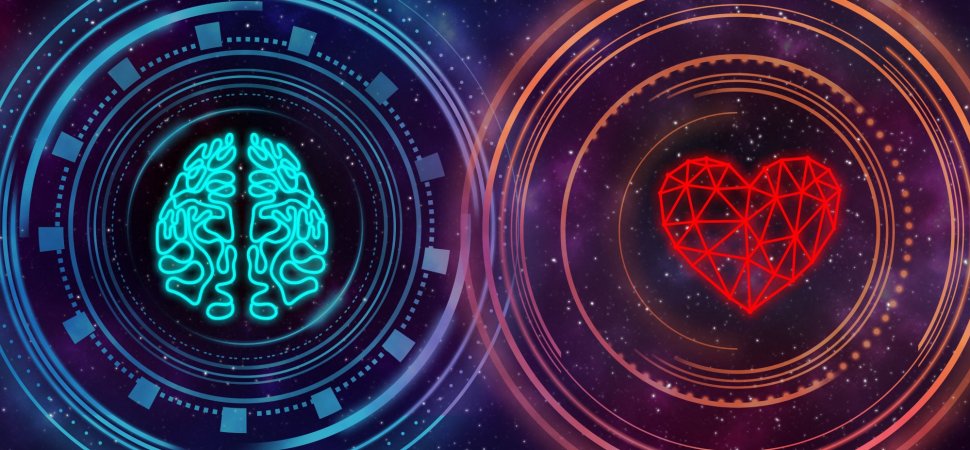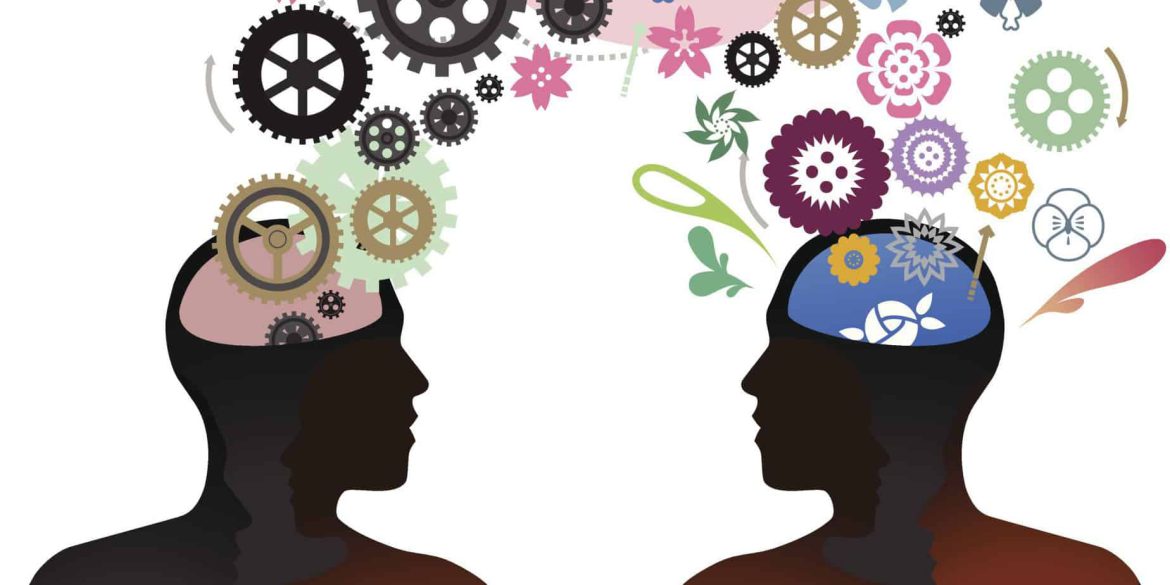How do you define effective care?
Here is one approach: a meaningful relationship between a patient and a doctor who cares and is committed to doing everything possible to optimize the patient’s well-being.
To that, if medicine is about science, skill and caring interaction, then the clinician’s well-being must be considered as well.
The concept of emotional intelligence also include good understanding of your inner workings that help you recognize, understand and choose how you think, feel and act.
It shapes your interactions with others and your understanding of yourselves.
It defines how and what you learn;
It allows you to set priorities;
It determines the majority of your daily actions.
Lack of self-awareness is what limits some people in their ability to manage themselves, others or situations.
Knowing this, self-awareness will help you to lead your tribe as well as take care of them.
Boundary setting and self-care are very necessary for your effectiveness and success in honoring your professional and personal commitments.
The more emotionally intelligent you are, the more you are able to empathize and connect with others and build relationships.
Most effective leaders are all similar in one crucial way: they all have a high degree of emotional intelligence:
It’s not that IQ and technical skills are irrelevant.
They do matter, but… they are the entry-level requirements for executive positions.
Emotional intelligence is the most essential element of leadership.
Without it, a person can have the best training in the world, an incisive, analytical mind, and an endless supply of smart ideas, but he still won’t make a great leader.
Anyone in medicine should make it a point to be familiar with five components of emotional intelligence:
Self-awareness
The ability to recognize and understand personal moods, emotions and drives, as well as their effect on others.
Self-awareness depends on one’s ability to monitor one’s emotional state and to correctly identify and name one’s emotions.

Self-regulation
The ability to control or redirect disruptive impulses and moods, and the propensity to suspend judgment and to think before acting.
Internal motivation
A passion to work for internal reasons that go beyond money and status – such as an inner vision of what is important in life, a joy in doing something, curiosity in learning, a flow that comes with being immersed in an activity.
Empathy
The ability to understand the emotional makeup of other people.
A skill in treating people according to their emotional reactions, retaining talent, cross-cultural sensitivity, and service to clients and customers.
Social skills
Proficiency in managing relationships, building networks and an ability to find common ground and build rapport.
Here are a few daily self-care habits that can further develop your emotional intelligence:
Self-compassion
Be kind, compassionate and supportive to yourself.
Use inner dialogue to direct and encourage quality performance and achievement.
Limit negative thinking, feeling, and the negative communication that fuels it.
Self-reflection
Quieting the mind by thinking introspectively can reduce stress and boosts mental, emotional and physical effectiveness.
Have gratitude
Make an active decision to tap into joy.
Take time to appreciate the simplicity in life.
Be present
Be fully focused (mindful) and present (physically, emotionally, and mentally present).
Why is this all important?
Self-awareness and self-care help us to slow down and pause.
When we do, and we are guided by the principles of self-compassion, introspection, gratitude, and mindfulness, we learn to go at our own pace, recognize our limitations and appreciate our progress.
When this happens, colleagues can be supportive to each other, while health care leaders can ensure that the tribe has the resources and the environment to balance demands with pleasures, work with play, and personal life with career.



